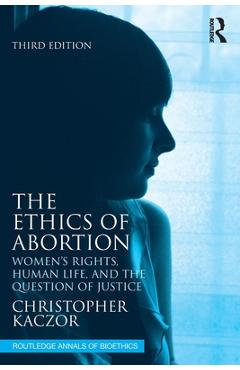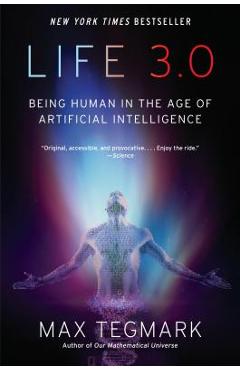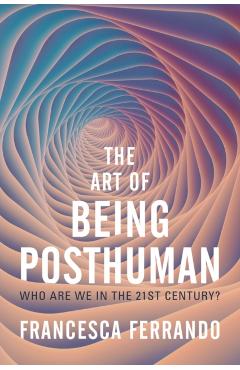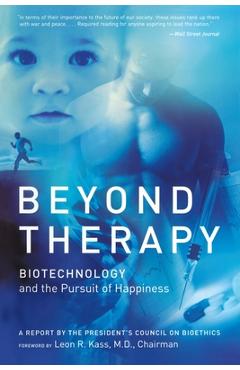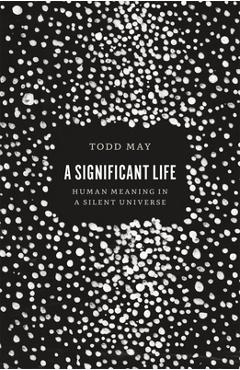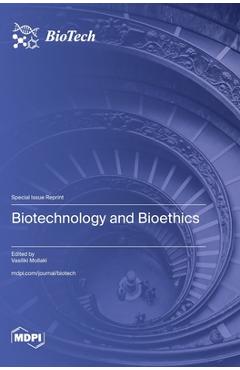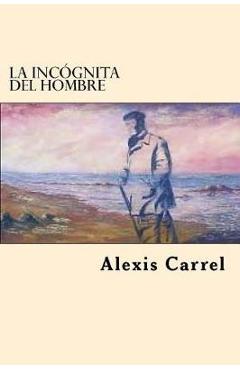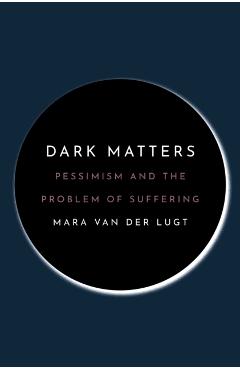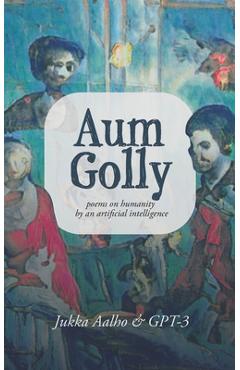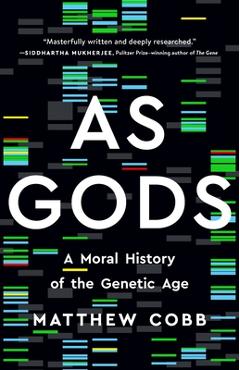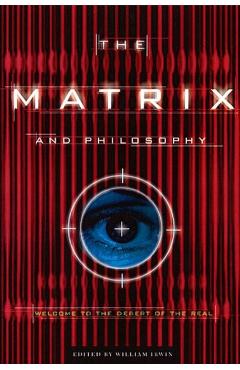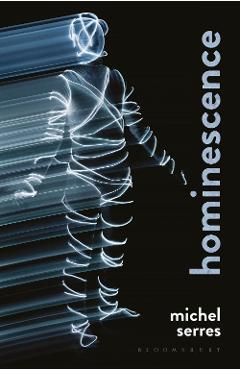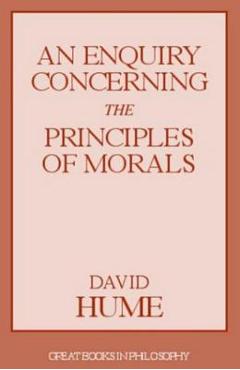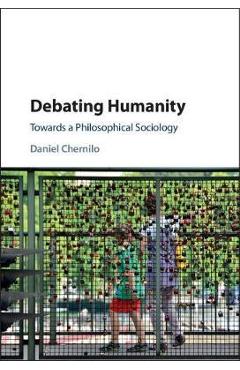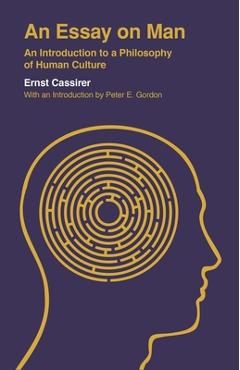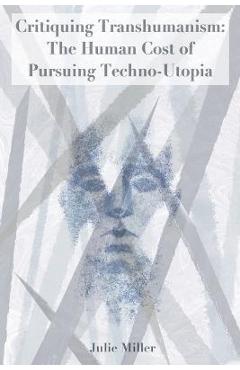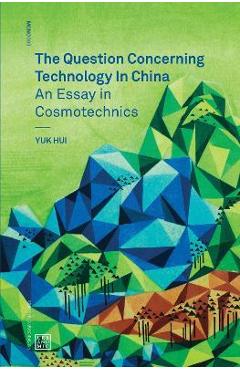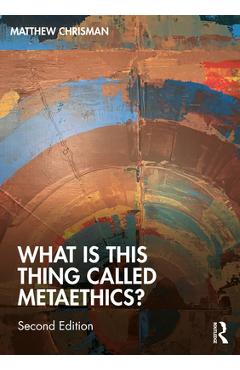From Technological Humanity to Bio-Technical Existence
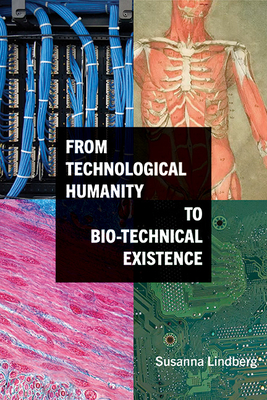
From Technological Humanity to Bio-Technical Existence
Explores the relationship between technics and humanity, tracing the emergence of a bio-technical conception of existence in contemporary continental philosophy.
Susanna Lindberg is Professor of Continental Philosophy at Leiden University in the Netherlands. Her many books include Techniques en philosophie and The Ethos of Digital Environments: Technology, Literary Theory and Philosophy (coedited with Hanna-Riikka Roine).
From Technological Humanity to Bio-technical Existence can be framed as a metaphysics of the present. It starts from the current epoch, an era increasingly marked not only by technology but also by technics in the most general sense, and asks how this affects human existence. The book asks what is called technics, what is called humanity, how these relate to one another, and how changes in these notions oblige us to revise the philosophical notion of existence. It investigates how the idea of technological humanity--of technology as an extension and instrument of the human--is discovered and deconstructed by Martin Heidegger, Helmuth Plessner, Michel Foucault, Jacques Derrida, Bernard Stiegler, and Giorgio Agamben. Finally, the book presents a new idea of bio-technical existence, one that underlies these philosophers' works without being fully elaborated. This idea--of technics as a condition of humanity that humans share with other living and technical beings--is the author's own philosophical pro
PRP: 362.73 Lei
Acesta este Pretul Recomandat de Producator. Pretul de vanzare al produsului este afisat mai jos.
326.46Lei
326.46Lei
362.73 LeiLivrare in 2-4 saptamani
Descrierea produsului
Explores the relationship between technics and humanity, tracing the emergence of a bio-technical conception of existence in contemporary continental philosophy.
Susanna Lindberg is Professor of Continental Philosophy at Leiden University in the Netherlands. Her many books include Techniques en philosophie and The Ethos of Digital Environments: Technology, Literary Theory and Philosophy (coedited with Hanna-Riikka Roine).
From Technological Humanity to Bio-technical Existence can be framed as a metaphysics of the present. It starts from the current epoch, an era increasingly marked not only by technology but also by technics in the most general sense, and asks how this affects human existence. The book asks what is called technics, what is called humanity, how these relate to one another, and how changes in these notions oblige us to revise the philosophical notion of existence. It investigates how the idea of technological humanity--of technology as an extension and instrument of the human--is discovered and deconstructed by Martin Heidegger, Helmuth Plessner, Michel Foucault, Jacques Derrida, Bernard Stiegler, and Giorgio Agamben. Finally, the book presents a new idea of bio-technical existence, one that underlies these philosophers' works without being fully elaborated. This idea--of technics as a condition of humanity that humans share with other living and technical beings--is the author's own philosophical pro
Detaliile produsului









